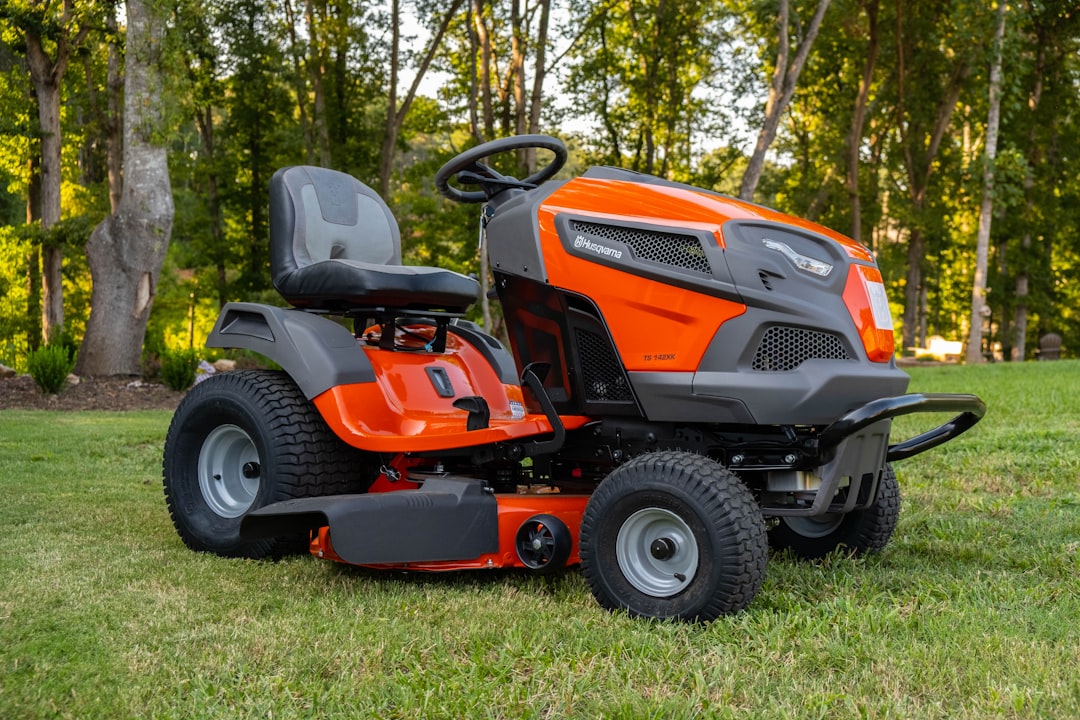
A lush, eco-friendly yard not only boosts the elegance of your home yet likewise works as a comfy area for exterior tasks and relaxation. Grass care, however, calls for greater than simply occasional mowing. By understanding ideal practices, you can cultivate a healthy and balanced yard that will certainly thrive year-round. In this overview, we will discover essential techniques for efficient lawn treatment, including mowing, watering, feeding, and insect monitoring.
Cutting is among the fundamental jobs in grass care, and it significantly influences the health and wellness of your lawn. It is important to mow routinely, but much more importantly, it is important to cut at the best height. Different yard kinds have different excellent cutting elevations, normally ranging from 2.5 to 4 inches. Maintaining your mower blades sharp makes sure a clean cut, which decreases stress on the grass. Furthermore, changing up your mowing pattern can urge much healthier development and protect against dirt compaction.
Watering is one more important facet of lawn treatment that can greatly affect your yard’s vigor. Establishing a correct watering timetable is crucial, particularly during dry spells. Many yards need about one inch of water per week, either from rains or irrigation. It’s finest to water deeply yet occasionally, encouraging the yard to establish deep origins. Morning is the excellent time for watering, as it reduces dissipation and fungal diseases that can accompany night watering.
Feeding is vital to restoring the nutrients in the soil, aiding your grass to grow eco-friendly and healthy. A soil examination can identify which nutrients your lawn may be lacking, allowing you to pick the ideal fertilizer. Commonly, lawns benefit from a well balanced plant food applied throughout the expanding season. Be sure to adhere to the supplier’s guidelines to avoid over-fertilizing, which can damage your lawn and cause nutrition drainage.
Lastly, handling bugs and weeds is essential for keeping a healthy lawn. Routinely evaluating your grass for signs of insect task, such as staining or holes, enables you to address issues early. Integrated parasite monitoring (IPM) strategies, which include social, organic, and chemical controls, can effectively minimize parasite populations without harming useful bugs. Additionally, overseeding and utilizing compost can aid avoid weed development by developing a competitive setting for yard to flourish.
Finally, a flourishing lawn requires a combination of regular upkeep practices, including mowing, watering, feeding, and insect monitoring. By following these necessary lawn treatment strategies, you can create a vivid outdoor room that boosts your home’s charm. With a little perseverance and dedication, your efforts will cause a spectacular lawn that ends up being a resource of satisfaction for many years ahead.